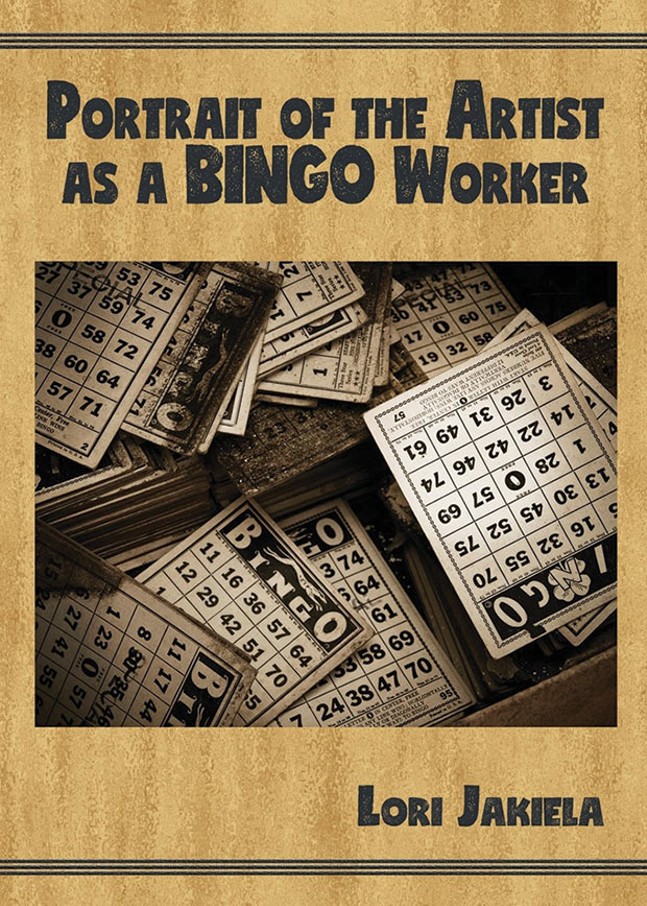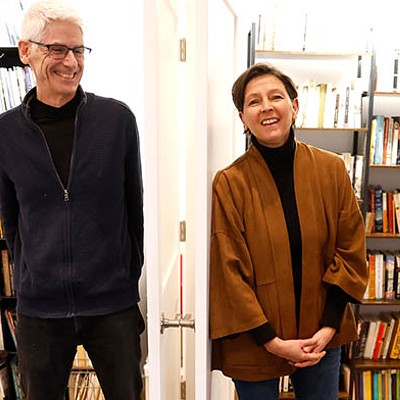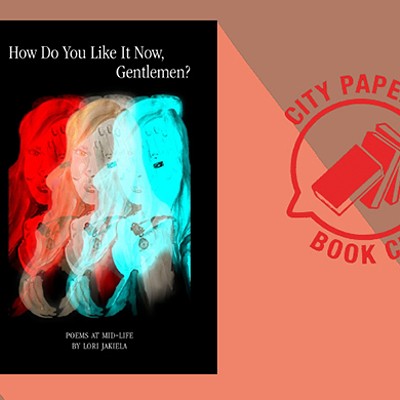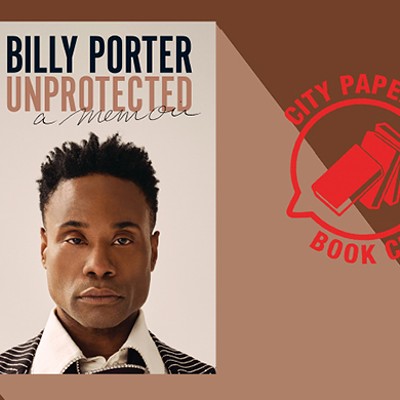As a somewhat reluctant member of the gig economy (professor, waiter, writer), I found myself rereading Lori Jakiela’s personal essay “The Union Project” multiple times as it appears in her new memoir collection, Portrait of the Artist as a Bingo Worker (Bottom Dog Press). Perhaps it’s because it’s relatable: that mix of pride and shame she feels as a professor working a catering gig, waiting on former students. Or maybe it’s that her writing is so readably poignant.
In 23 essays and 213 pages, Portrait gives Jakiela’s longtime readers updated work while providing newcomers a taste of the topics she has covered in three memoirs and a poetry collection. The University of Pittsburgh-Greensburg writing instructor leans on what she knows best, crafting a world that revolves around work and family to ground readers in the realities of an upbringing in Trafford and the obstacles of adulthood. The book’s backbone, though, is its celebration of labor, the lessons and connections to humanity it creates.
Jakiela highlights her writerly influences, including a troika of working-class favorites, Marge Piercy, Philip Levine and Studs Terkel. As an undergraduate, she once met Terkel at a reading, and characterizes him as “always excited about people, their stories, their hearts. He was excited about the world and everything in it. He was not embarrassed of this … [and] always rode the bus because he wanted to be with people and hear their stories.” It’s an ethos Jakiela takes to heart, and her writing includes a cast skillfully portrayed as mostly sympathetic and human.
Jakiela also displays a knack for literary ventriloquism, direct-quoting her subjects in ways that speak insightfully about each of their characters long after events have happened. Her father is a pure realist when he says, “I could wipe my ass with what you know.” Her mother is more practical, pronouncing her disdain of reading by saying, “She’ll ruin her eyes.” However, in the title piece, it’s Jakiela’s grandmother Ethel who takes center stage. As a teen, Jakiela worked with Ethel at the Trafford Polish Club on bingo night, the young writer gaining her first insights into the pettiness of others. Ethel feuds with another woman, Fanny, saying of her nemesis, “Cheap is as cheap does.” Ouch.
Overall, Portrait’s power lies in authenticity, summed up in a reflective moment when Jakiela writes, “Empathy, like writing, can be about kindness or it can be an aggressive act, both.”



















